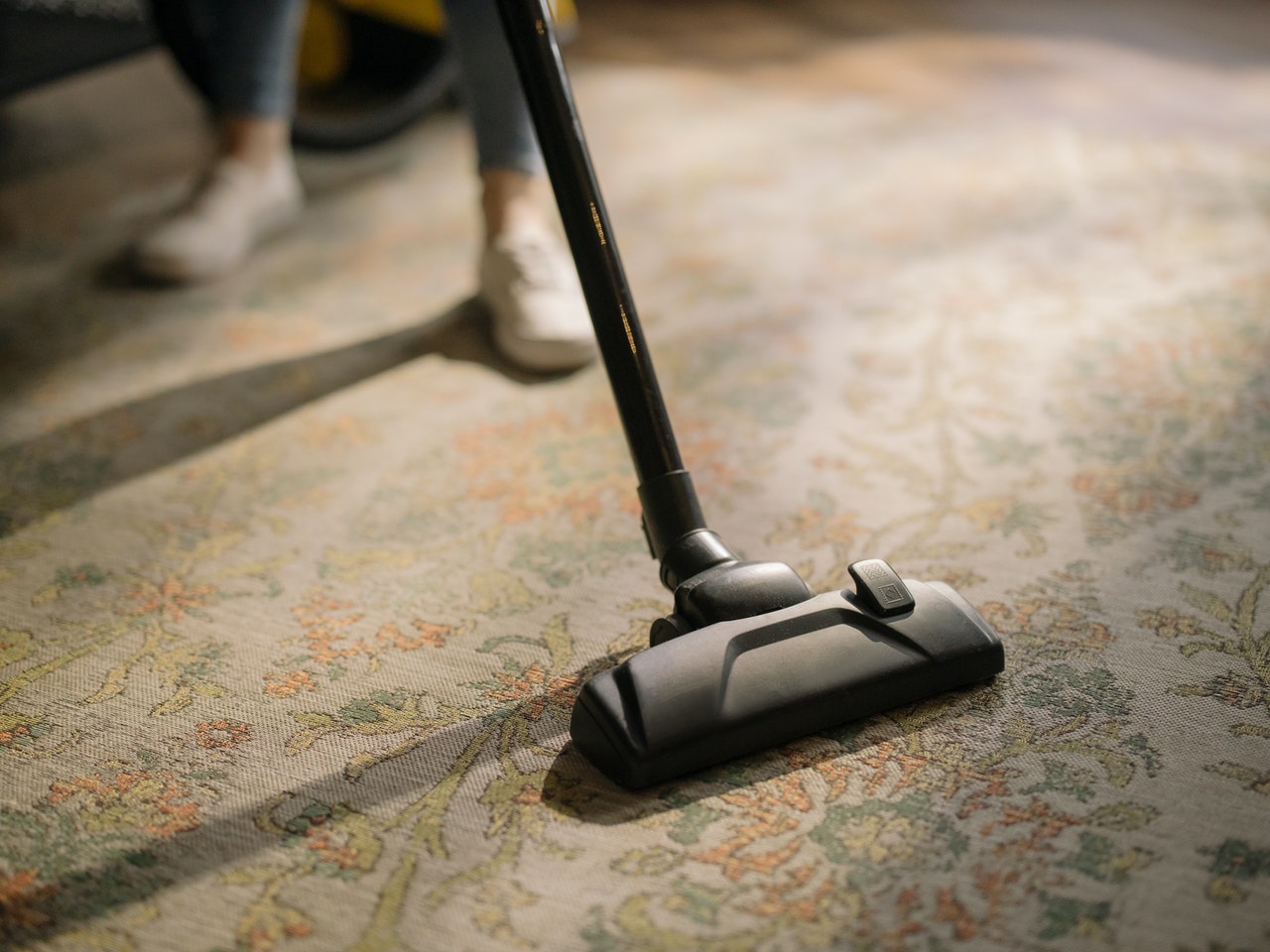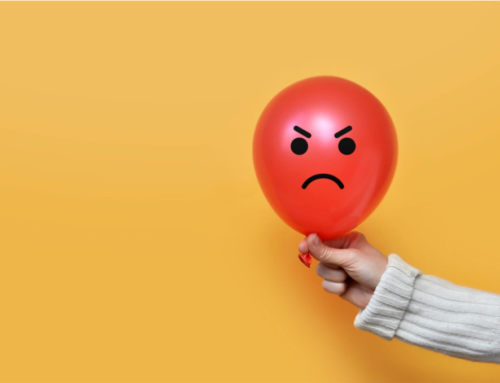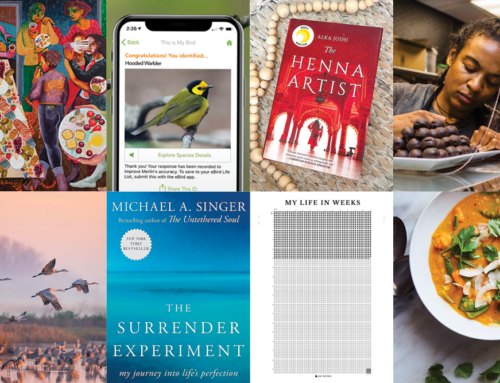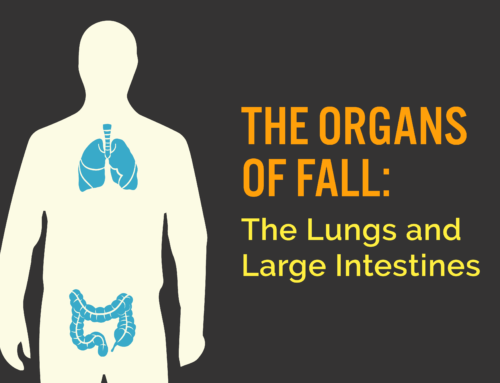Anyone noticing that just as our annual cultural prediction of “fall cleaning” arrives, that indeed you are inspired to tidy the house? Anyone else observing that in this week’s climax of election angst and COVID cases rising nationally that you move between being frozen and then finding small comfort in seemingly insignificant completed tasks (like a clean bathroom or empty dishwasher)? And is your tolerance too for overstuffed drawers and piles of paperwork suddenly feeling unbearable? I think I have an explanation (with married concepts from modern psychology and the lens of Chinese Medicine)….
In Eastern philosophy, we think of the Fall months as the “metal” period of the year. This is a time when we finish and prune projects to allow for new growth in the coming Spring, and our tolerance is low for that which is “broken.”
This year, our Metal tendencies may be even stronger than usual as 2020 is the Year of the Metal Yang Rat. It was predicted to be challenging health-wise, but also financially, with obstacles, impediments, and unpredictable situations. Though in the cycle of all things, nothing of worth often comes easy, and this year is thought to be transformative in the zodiac calendar.
It’s possible that in this incredibly challenging year, for many of us, the seasonal gifts of metal which governs organization, order, setting limits, and protecting boundaries, are exactly what’s needed now.
What could “Fall cleaning” possibly have to do to help our predicament?
A week ago, I received this article written by Tara Haelle (a self-proclaimed overachiever and science journalist) who has been covering COVID19 as well as its impact. This highly recommended read explores the themes of “surge capacity” and “ambiguous loss” in 2020.
Surge capacity, understood by psychologist Anne Masten, PhD, is a collection of adaptive systems — mental and physical — that humans draw on for short-term survival in acutely stressful situations, such as natural disasters. But natural disasters occur over a short period, even if recovery is long. Pandemics are different — the disaster itself stretches out indefinitely. Also, unlike natural disasters like hurricanes and tornadoes, pandemic destruction is, for most people, invisible and ongoing. And with our usual systems and routines upended, we’re experiencing radical shifts in work, school, and home life. At this point in this very unique year, many of us find our “surge capacity” stretched and depleted.
In addition to depletion, collectively we’re in the midst of ambiguous loss, a concept coined by therapist and professor of social sciences Pauline Boss. Ambiguous loss is any loss that’s unclear and lacks a resolution. This year, loss is a way of life. A loss of trust in our government. The loss of daily freedom of movement and ability to meet up with friends and extended family. The loss of financial stability. The loss of life of someone you know to this disease.
Now seven months into an ever-changing situation, our ‘new normal’ is indefinite uncertainty. Our short term coping mechanism (“surge capacity”) is depleted. Nearly every day we’re confronted with a new grief, sacrifice or loss of control. We wait in the unknowing in these election days and perhaps weeks.
To help with coping, the author recommends the following (see the complete list in the full length essay):
-
Accept that life is different right now.
-
Expect less from yourself.
-
Look for activities, new and old, that continue to fulfill you.
The third coping suggestion caught my attention. It helped explain to this recovering overachiever why in the Spring I feverishly built new garden beds and grew more tomatoes than we could ever want. It explained why my husband painted every door in the house, replaced our porch roof, and finished a long neglected bathroom project. We were both unemployed for months, suddenly homeschoolers. This is how we gleaned control.
But now, many months later, we are grateful to be back at work. Yet that looks rather different from before – layered in PPE, with smaller teams and more load to carry, the expenses all the same. The kids stuck at home. The endless meals needing to all be prepared. Haelle described this in relatable terms, “anxiety-tainted depression mixed with ennui that I can’t kick.”
I felt permission in coping mechanism #3 to keep at the garden beds and find joy in the new showerhead and the meal prep. Is all the self-busying just a distraction? Yes. Is that ok? Yes.
Take control by letting go.
My teacher Bob Duggan used to say that you have only two choices: “let go of what you cannot control or take effective action where you do.” There are some areas we can exert our control now such as voting, continuing to social distance, buying local to strengthen our regional economy, etc. There are also many areas where we will not be so empowered and may simply have to let go.
An acupuncture colleague wrote this about the human task of letting go:
We choose to let go, not because we are detached and unfeeling (or apathetic), but because we make a conscious choice to stop wasting our precious energy and contentedness on things we cannot influence and instead shift our focus to where we can have the deepest and most profound impact, even if that sphere is smaller than we would like.
So somewhere between the ups and downs, and the discerning moments between letting go and taking action (but please not during the moments of burnout), I highly suggest Fall cleaning, which has a hopeful planning element and also a here-and-now experience element. It’s a silly thing, but it may make you feel good.
Sources:
Your ‘Surge Capacity’ Is Depleted — It’s Why You Feel Awful by Tara Haelle
Enjoy the Energy of Fall: Autumn and Traditional Chinese Medicine by Steven Sonmore, L.Ac.
Chinese Medicine and the Art of Letting Go by Ashley FloresYear of the White Rat 2020 by Lillian Bridges




